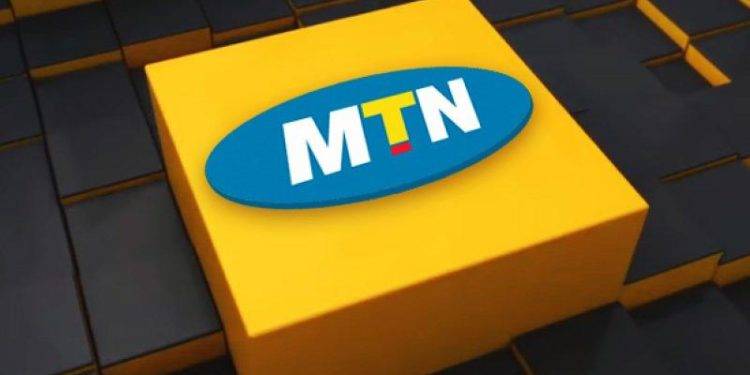MTN cuts data prices in SA whilst increasing prices in Ghana
So, as it is now, while the regulator seem to have completely lost the battle to correct the market imbalance, due to its own wrong approach, it has now put MTN in a position to punish customers, while the other telcos are also not offering a better alternative in terms of quality of service.
MTN has slashed the prices of prepaid mobile data in South Africa, as prices in Ghana go up amidst huge public outcry.
In South Africa, MTN is, for example, offering 200GB mobile data bundle, for just R399 (GHS253), while in Ghana it is offering 92GB mobile data bundle for a whopping GHS350.
The price in South Africa works out to just R2 (GHS1.27)/GB, while in Ghana, one GB is a ridiculous GHS3.8.
The new data price plan in South Africa, called MTN Super Data, is a “data-rich offering” that provides bundles ranging from 30GB to 200GB in size and is aimed at “meeting the needs of prepaid and residential customers who are heavy data users”.
Because the plans are prepaid, there is no contractual commitment. But there is a 30-day expiry period on them.
The price plan is available via USSD and the MTN app. Customers have to migrate to the MTN Super Data price plan to take advantage. The data can be used day or night.
Pricing is as follows:
- 30GB with 30 days’ validity: R215
- 70GB with 30 days’ validity: R299
- 200GB with 30 days’ validity: R399
“MTN Super Data will also now be the default price plan for prepaid MiFi/router customers, replacing BozzaGigs,” the company said.
The introduction of MTN Super Data follows the recent launch MTN SuperFlex, another aggressively priced plan that offers data-rich month-to-month contracts with unlimited voice calls to any local network along with unlimited SMS texts.
So while MTN South Africa customers are hailing the telecoms giant for the generous offerings, Ghanaians have been calling out the telco for the exorbitant prices introduced on Tuesday, November 28, 2023.
MTN Ghana cited cost of operations as the reason for the price increases. But in a newspaper advert, the company attributed the increases to regulatory requirements. Analysts are sticking with the latter, arguing that left to MTN alone, they will offer very competitive prices.
Those regulatory requirement are in line with MTN’s status as the only significant market power (SMP) in Ghana’s telecoms industry, based on which the industry regulator has asked MTN not to have the lowest prices on the market. The directive is intended to prevent MTN from pricing out the smaller operators so the grave imbalance in the market will be corrected.
Since the implementation of the SMP interventions in June, 2020 MTN has been growing in subscribers and revenue, and its investments has also been growing exponentially. As a result, MTN continues to offer the best quality of service as per the regulator’s own period quality of service reports.
On the contrary, the smaller operators meant to benefit from the SMP interventions have been losing subscriber base and revenue, and there has still not been any marked improvement in their investments either, except for Vodafone, which was bought by Telecel Group and has since seen some investment in the network, yet to yield dividends for customers.
AT Ghana, on the other hand, has just gotten a non-telco investor called Hannam Investments and are yet to see some investment to improve the network and remain competitive.
Analysts have argued that the regulator lost the SMP plot by not ensuring that the other players were competitive on quality of service before trying to get consumers to opt out of MTN and join any of the other MNOs. Moreover, even after the regulator had declared MTN SMP, they still allowed MTN to acquire more spectrum to keep having an edge over competition. So the claim that the SMP measure is meant to correct the market imbalance, seem to be just in word and not indeed.
So, as it is now, while the regulator seem to have completely lost the battle to correct the market imbalance, due to its own wrong approach, it has now put MTN in a position to punish customers, while the other telcos are also not offering a better alternative in terms of quality of service.




No comments yet
Be the first to share your thoughts!